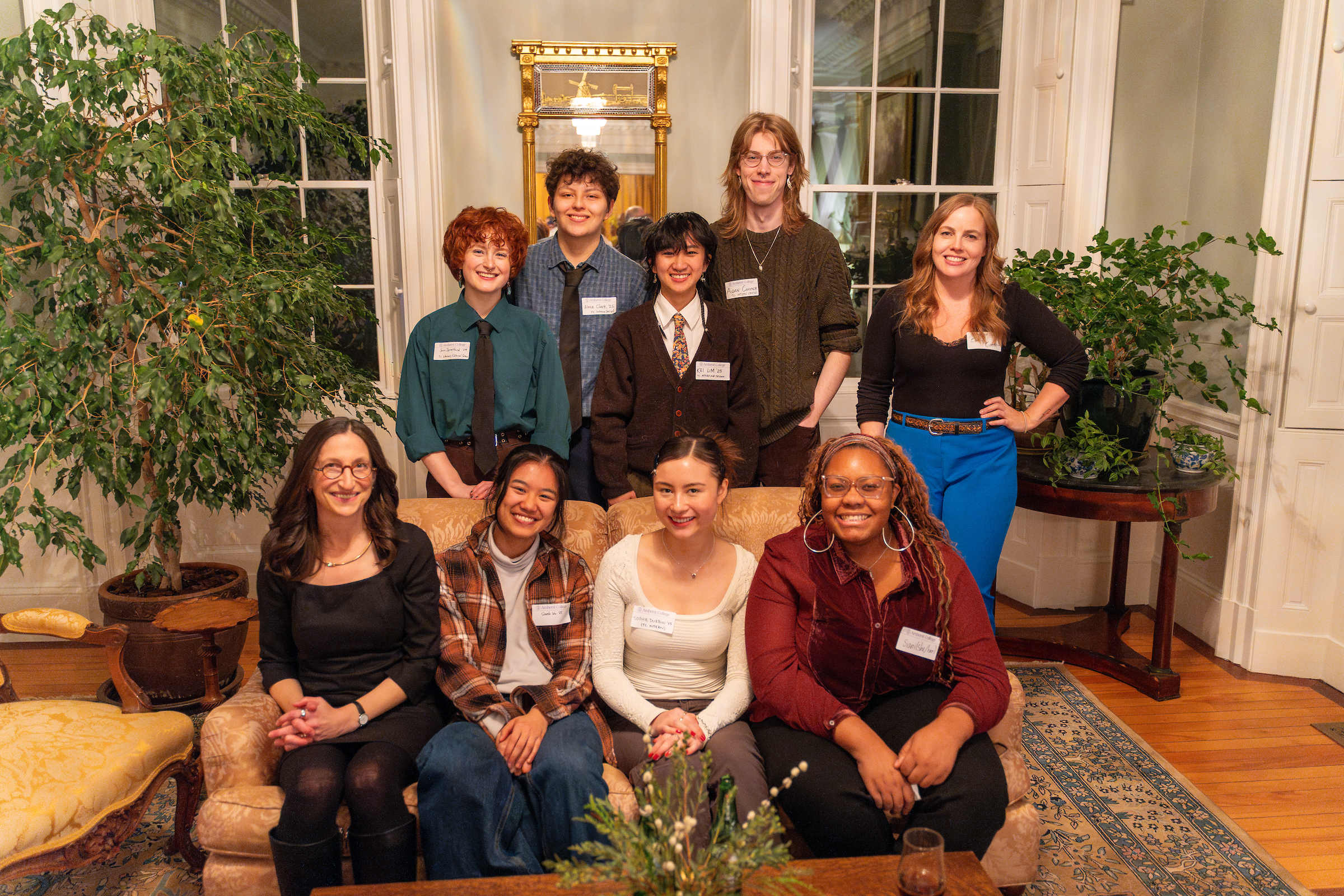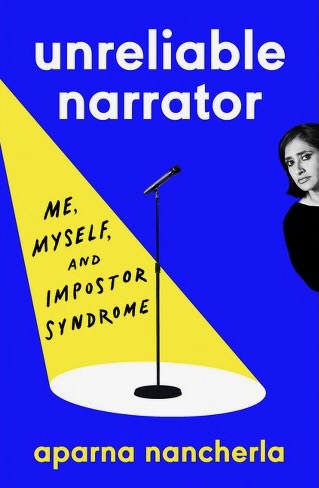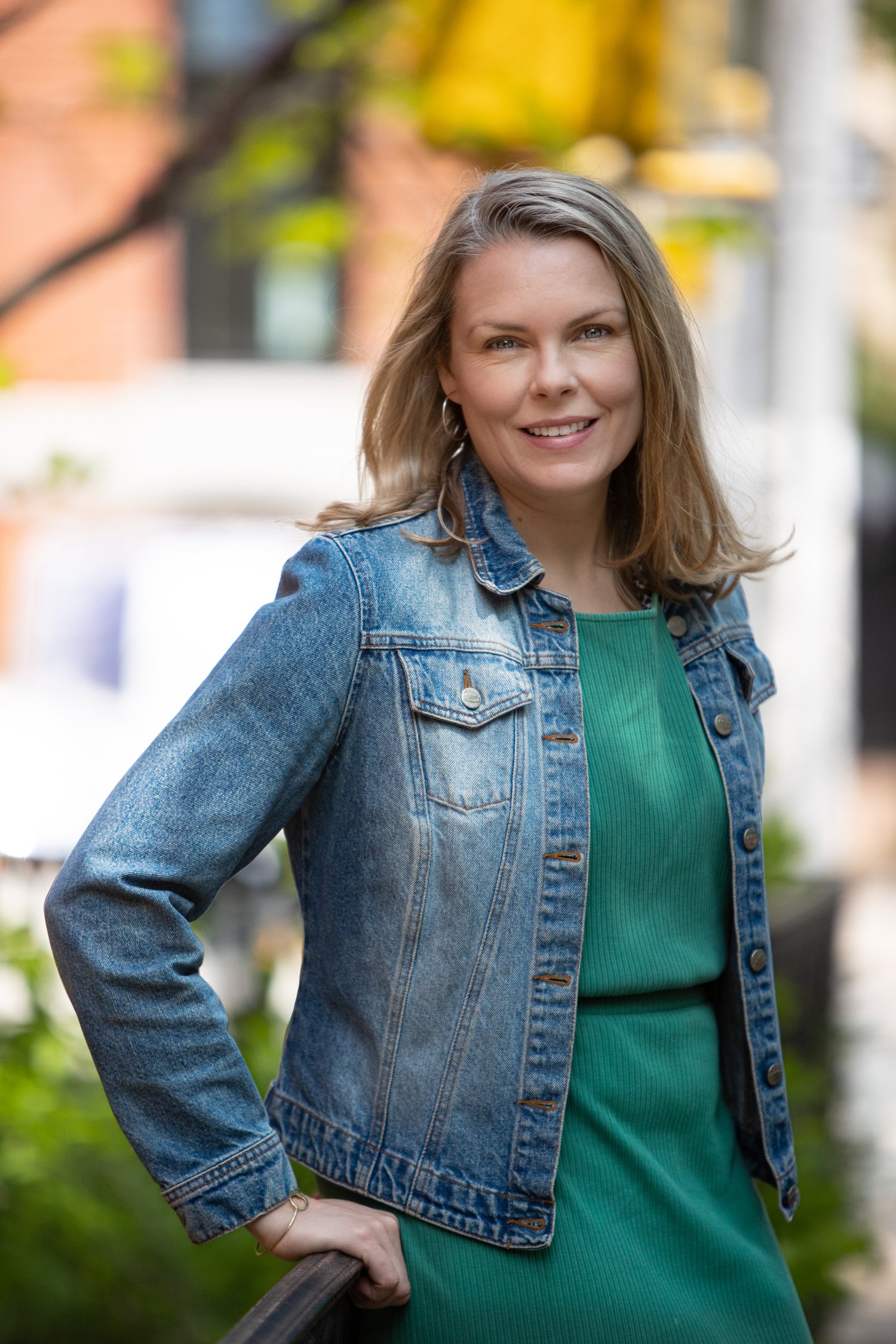When someone tells me a story, even a newspaper headline, I ask, “Where was that? Where did that happen?” From the context—the who, the where, and the when—I construct meaning. I believe I’m not alone. We have a fundamental desire to understand our environments, to understand how they affect who we are and what we care about.
We live in an increasingly digital world, but place is not dead. Where we grow up and live, leave and return to, these places continue to shape our thoughts, conscious and unconscious, and therefore our art. Where are you from? is still a relevant question. The answer, the proper name, isn’t important. What matters is what it’s made of us, and what we’ve done with it. How we’ve accepted, recast, or rejected. We can’t extricate our selves from our places, nor would we wish to. Themes of place, including exile and exploration, provoke us to reflect on how we live; they fascinate, unsettle, and comfort. Far from erasing the importance of our surroundings, our mobile modernity creates a hunger for place-based ruminations. Literature provides the vehicle for these travels.
I conceived of The Common because I was looking for a journal like it. I was looking for a journal that takes the idea of place as the starting point for stories and original voices: events and ideas that come about because of the particularities of the setting; characters who are shaped by and react against their environments. Sensory details, yes, but also the more intangible aspects of culture that create our worldviews. A strong sense of place says to me: This can only happen here.
Issue 01 is the culmination of years of community effort—it is also just the beginning.
—Jennifer Acker, Editor
Jennifer Acker is the founding editor of The Common.
Click here to purchase Issue 01




